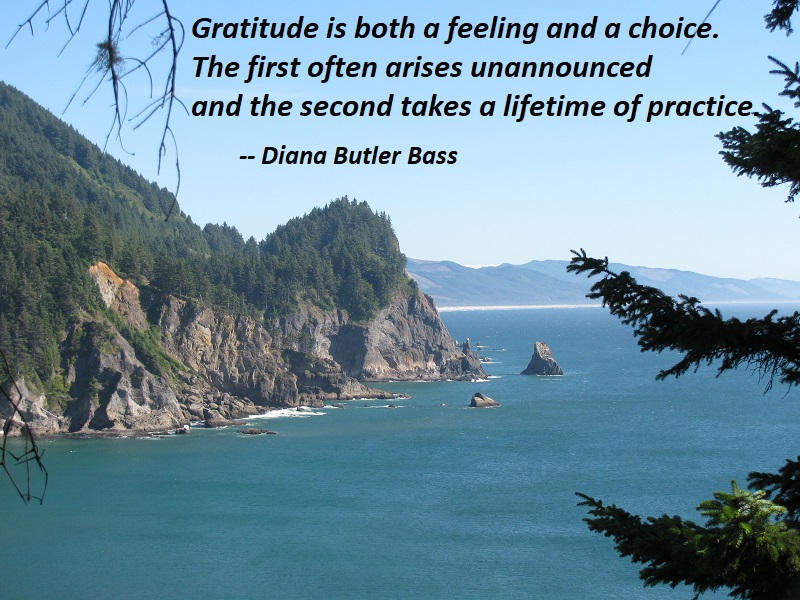Part of the answer lies in the nature of gratitude itself. It cannot be overstated that gratitude is an emotion, a complex set of feelings involving appreciation, humility, wonder, and interdependence. Gratitude is, however, more than just an emotion. It is also a disposition that can be chosen and cultivated, an outlook toward life that manifests itself in actions — it is an ethic. By “ethic,” I mean a framework of principles by which we live more fully in the world. This ethic involves developing habits and practices of gratefulness that change us for the better. Gratitude involves not only what we feel, but also what we do.
In this way, gratitude resembles love. Love is also a complex set of feelings — desire, passion, devotion, and affection. We feel love. But love is also a commitment, a choice, and a vow, an emotional orientation toward a person or persons that causes us to act in certain ways. Love as a noun, a feeling, surprises us; it shows up and changes everything. As most of us know, however, it is also a bit of a cheat. It can disappoint, fade, or taunt when it seems to hide or move away. Love as a noun can be tricky. When it is, we choose, often motivated by the memory of the feelings, to love and act accordingly. Love moves from being a noun — an emotion we feel — to a verb — an ethic of commitment we embrace. Gratitude is like that. Some amount of the time we feel grateful, but when the emotions seem to desert us or show up at all the wrong times and in the wrong places, we can choose to give thanks and act in accordance with grace. Gratitude is both a noun and a verb. Gratitude is both a feeling and a choice. The first often arises unannounced and the second takes a lifetime of practice.
— Diana Butler Bass, Gratitude, p. 52-53
[Photo: Oregon Coast, August 6, 2014]
